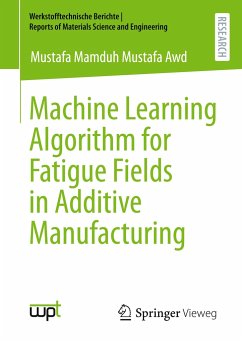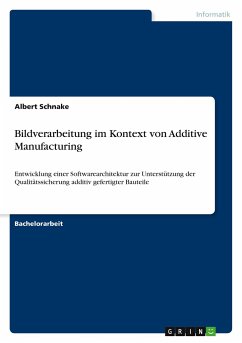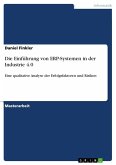Fatigue failure of structures used in transportation, industry, medical equipment, and electronic components needs to build a link between cutting-edge experimental characterization and probabilistically grounded numerical and artificially intelligent tools. The physics involved in this process chain is computationally prohibitive to comprehend using traditional computation methods. Using machine learning and Bayesian statistics, a defect-correlated estimate of fatigue strength was developed. Fatigue, which is a random variable, is studied in a Bayesian-based machine learning algorithm. The stress-life model was used based on the compatibility condition of life and load distributions. The defect-correlated assessment of fatigue strength was established using the proposed machine learning and Bayesian statistics algorithms. It enabled the mapping of structural and process-induced fatigue characteristics into a geometry-independent load density chart across a wide range of fatigue regimes.
Bitte wählen Sie Ihr Anliegen aus.
Rechnungen
Retourenschein anfordern
Bestellstatus
Storno








